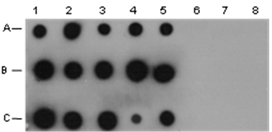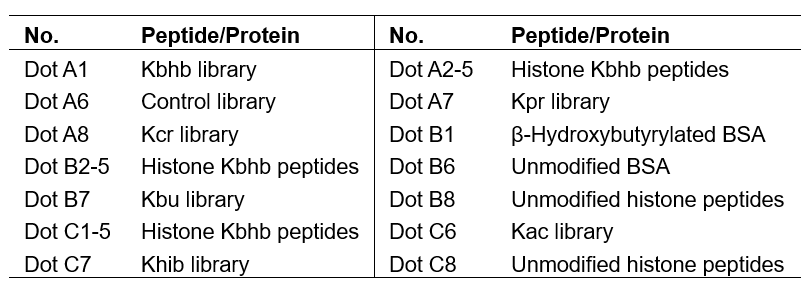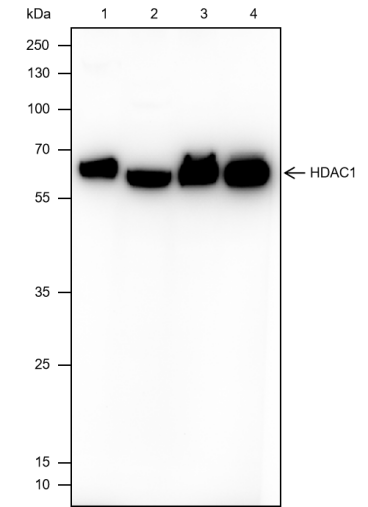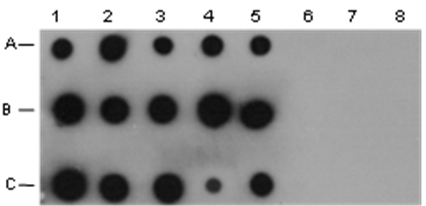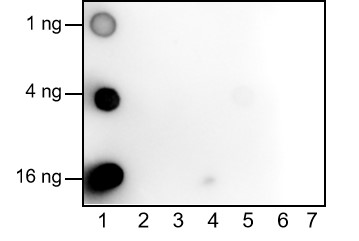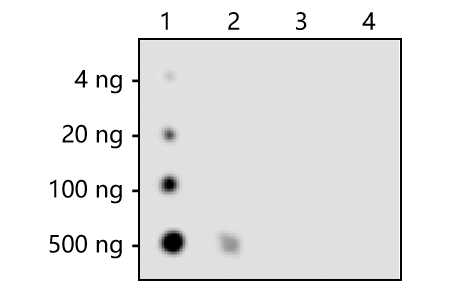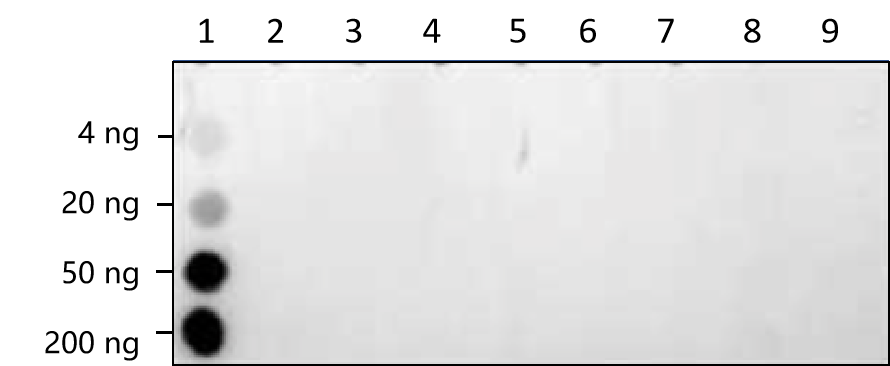Background
Histones are subject to a variety of enzyme catalyzed modifications, including acetylation, methylation, phosphorylation, ubiquitination, etc. β-Hydroxybutyrylation of lysine (Kbhb) is a newly identified histone marker that is enriched in active gene promoters. Histone Kbhb marks are dramatically induced in response to elevated β-hydroxybutyrate levels in cultured cells and in livers from mice subjected to prolonged fasting or streptozotocin-induced diabetic ketoacidosis. Histone β-hydroxybutyrylation represents a new epigenetic regulatory mark that couples metabolism to gene expression, offering a new avenue to study chromatin regulation and diverse functions of β-hydroxybutyrate in the context of important human pathophysiological states, including diabetes, epilepsy, and neoplasia.
Cellular location
/


